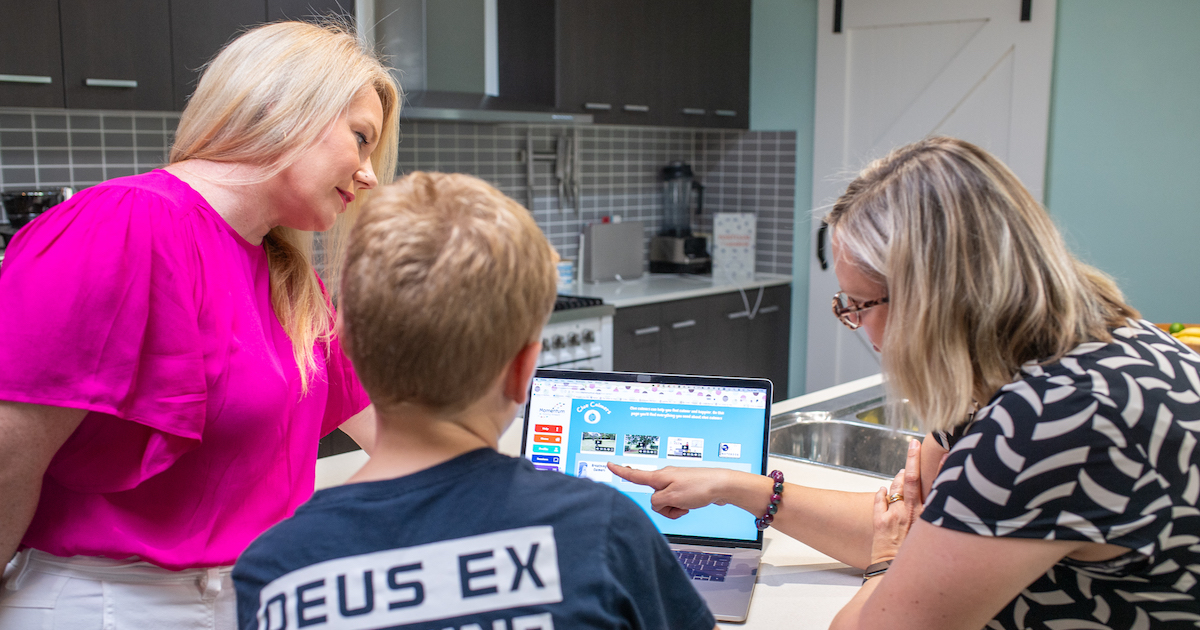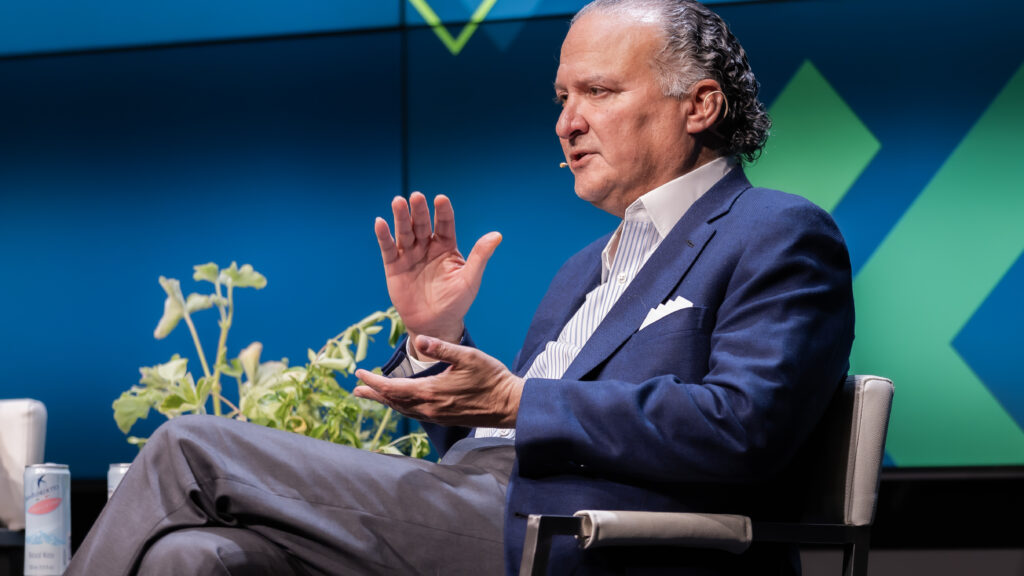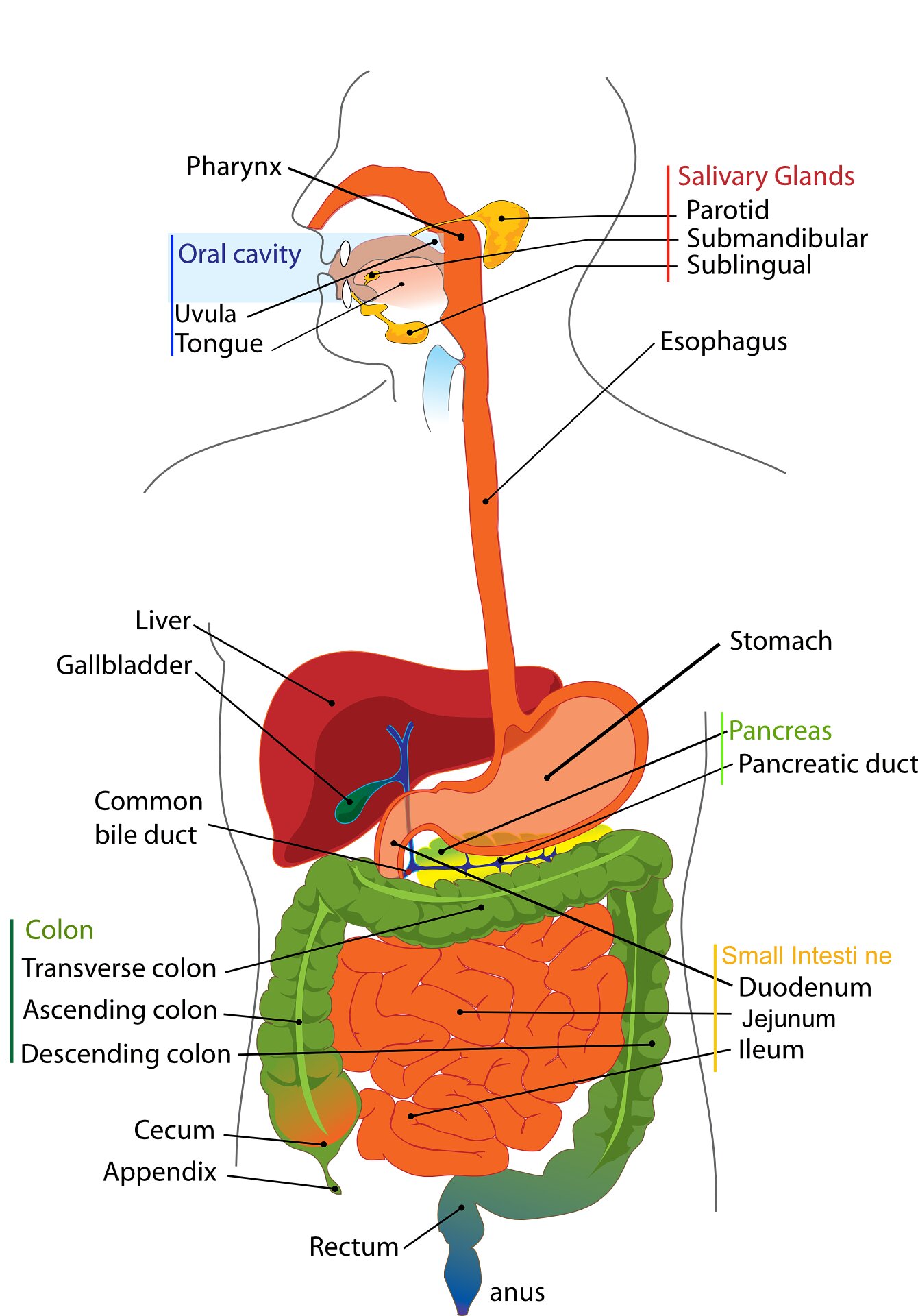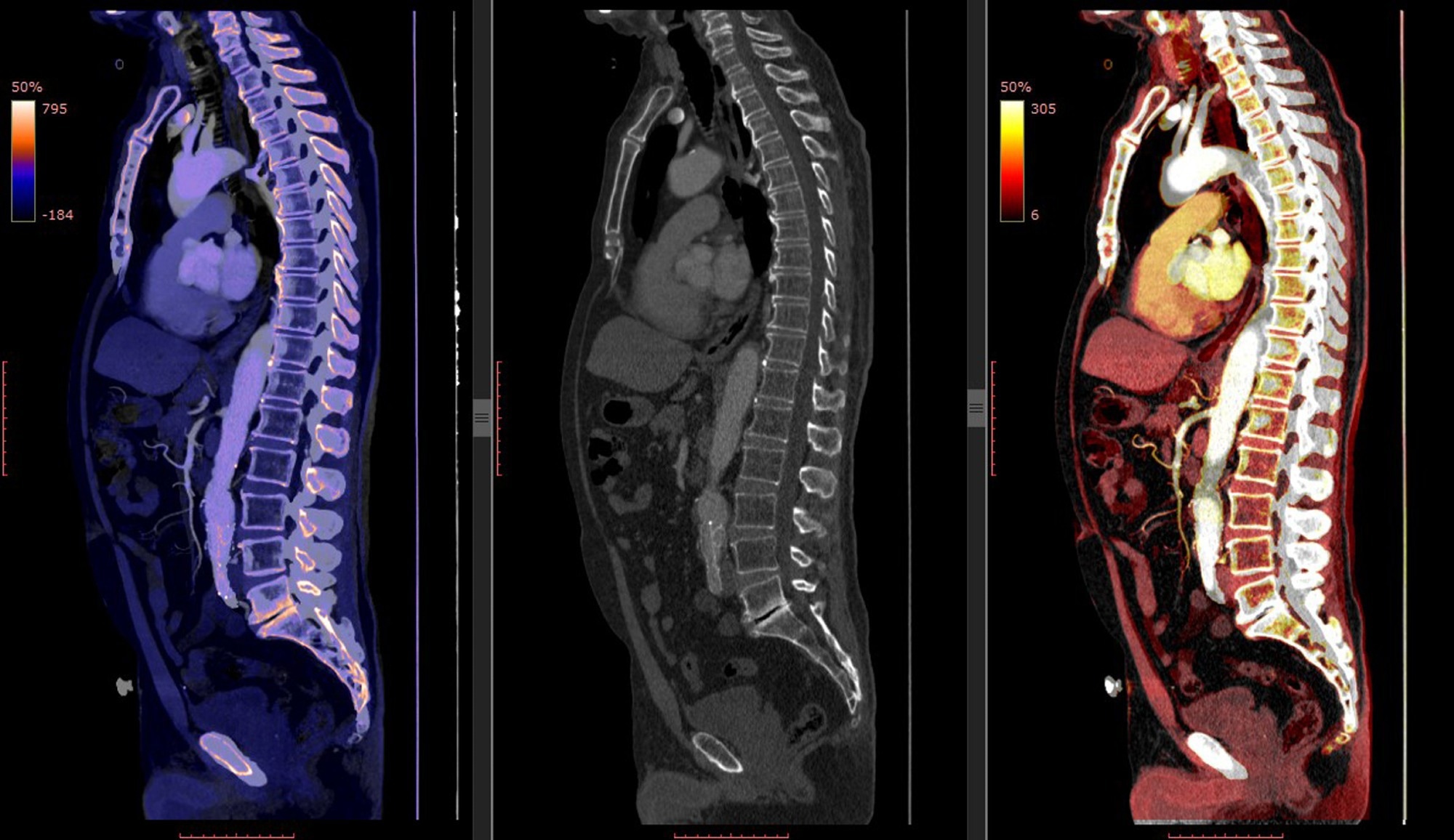A new online platform has launched offering what could be the most comprehensive digital health mental health programme for young people in Australia – without relying on the convenience of artificial intelligence.
Backed by the Australian government’s Medical Research Future Fund, Momentum provides free access to treatments, tools, and techniques for addressing common mental health problems to Australians aged seven to 17.
First, it makes a thorough assessment of the user’s situation to determine their need for help. Then, it builds a personalised programme with sessions targeting topics relevant to their condition.
The platform allows users and their families to track their progress, check how their feelings change each session, and use the programme to practise real-world skills.
A collaboration among six universities and six other health industry organisations led by the University of Southern Queensland (USQ), the A$5 million ($3.2 million) project aims to address the growing mental health crisis affecting children and adolescents in Australia.
Almost 14% of Australian youth today are said to be dealing with a mental illness, about half of whom are not receiving help. This problem is expected to worsen as there are not enough professionals around to see them. Wait lists are reportedly getting longer – taking up to 12 months.
To tackle the widening healthcare staff shortage worldwide, the industry has increasingly picked up on digital technologies, particularly AI tools, which have been proven to effectively complement care. Interestingly, the team behind Momentum opted out of the AI craze in creating their self-help digital platform.
Mobihealth News explored more about this decision in an interview with Momentum project lead Sonja March, a professor from USQ. She also imparted some advice from their years of developing digital tools for children and youth.
Q. How are you promoting the uptake of Momentum to young people? What kind of partnerships have you explored?
A. We are promoting Momentum through several avenues. We are working closely with our partner organisations on this project to reach young people via their services. Our partners include Kids Helpline, West Moreton Health, Education Queensland, Stride, The Darling Downs and West Moreton Primary Health Network and Children’s Health Queensland. We are working with these organisations so they understand how they can refer young people to the program and support them through this. We also have created a number of child and teen friendly resources and cards for organisations to offer young people (such as postcards, flyers, and wallet cards). We will also be disseminating this material via GPs, psychologists and schools, as well as on social media. We will also work to integrate information about Momentum into other mental health sites such as beyondblue, reachout and parenting sites, which we have done before with our other programmes.
Q. Have you looked into incorporating gamification and other interactive means to raise the platform’s uptake? How about the use of chatbots and AI?
A. We have been building and testing online programmes for 20 years now and have explored lots of different options for making programmes interactive and engaging. We have found there has to be a balance between gamification or interactivity and keeping the program informative or educational. Young people can easily become distracted by games and it can detract from the techniques they are learning in the programme. We include simple rewards in our programme, and young people are able to earn badges as they progress through it. Activities within the programme are also interactive and involve videos, quizzes, along with tasks like drag-and-drops, so young people are not just reading the materials and becoming bored.
We do not use chatbots and AI in this programme. The material and decisions made in this programme about what material is offered are based on our expert knowledge about what works for young people and what is needed to assist with different difficulties. There is still much that is unknown about AI and chatbots, and in young people, we need to approach this carefully. Whilst AI is everywhere, some young people (especially children), may not understand that it isn’t actually a person on the other end talking to them.
Q. How else can digital technologies/online platforms assist in addressing the growing mental health crisis among Australian youth?
A. We are also working on projects that use digital technology to create new ways to identify and assess mental health – digital tools that don’t need a professional to administer them. We hope that these might help families identify potential problems earlier and get support before things become severe or complex. We are also testing different ways of delivering online programmes like Momentum. We are looking at models of care where support can be provided on top of Momentum, with telephone calls, videoconferencing, or even messaging support. We know that we need to be able to offer different options for families – one size does not fit all. Our hope is Momentum and programmes like this can be one option for young people to see support, especially when they aren’t able to access support any other way.










